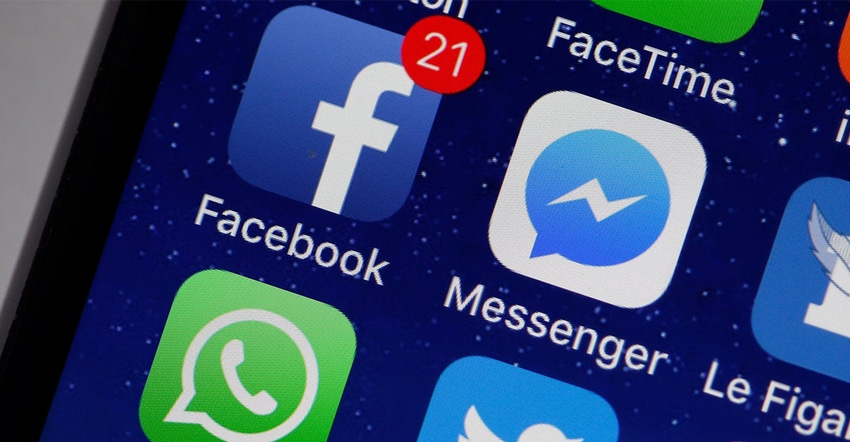
Last week, The Recycling Partnership announced the launch of Communities for Recycling, a national initiative designed to provide Americans with real-time, personalized, and hyper-local recycling information through Facebook Messenger.
The program is being piloted in Atlanta and Fort Worth, with expansion to additional U.S. communities expected later this year. Users can get involved by sending a message to the Communities for Recycling Facebook page; in return, they will receive real-time recycling guidance about if and how to recycle certain items.
We wanted to learn more, so we followed up with Cody Marshall, chief community strategy officer at The Recycling Partnership.
How does the question-answering process work within Facebook, and will it be refined over time?
This Messenger Experience is driven by conversation artificial intelligence (AI). With more than 9,000 U.S. community recycling programs and variances in systems and materials, we’ve designed this free tool to provide personalized, real-time answers. As we built the experience, we partnered with the pilot communities on every aspect of their program, from materials accepted to recycling tips and top contaminants, to how to get a recycling cart. Over time, as we see new questions, we will partner with the city to get the answer, respond to the inquiry, and update the experience to accommodate for new questions in the future.
In addition to the current special programs in Atlanta and Fort Worth, Messenger users across the U.S. will be able to test their recycling I.Q. with a nine-question quiz — and, people are staying engaged with this experience as we’ve exceeded 90% quiz completion rates.
How were Atlanta and Fort Worth chosen?
We’ve worked extensively on the ground with both Atlanta and Fort Worth on improving their curbside recycling programs. And they are two cities that are always looking for opportunities to not only engage their residents with better information, but also try new strategies that can help the national recycling system. They were excited about this opportunity to work with us on building out the Messenger tool and engaging their community members to provide accurate information and reduce confusion.
How will you decide where to expand with other cities, and how fast?
You’ll have to wait and see! We are excited about expanding the Messenger experience to other communities, but first we will be taking our learnings from this launch to improve and expand the model to ensure we can reach as many residents as possible with what is and is not recyclable in their program.
What is the overarching goal of the initiative, and why partner with Facebook?
Our goal was to provide accurate recycling information on a platform residents are already using for free. The Recycling Partnership team has been working with Facebook on this project for nearly 18 months since our CEO Keefe Harrison participated in a design sprint with Facebook, some CPG brands, and other nonprofits to determine the best way to bring hyper-local solutions to this global issue. Consumer product brands like PepsiCo are joining us and supporting this initiative through support of our database of acceptable materials in these initial communities.
What is Facebook's role?
Facebook’s role is financial support for the creation of the Messenger experience and ad credits as well as consultative guidance on best practices for showcasing local heroes.
How will you showcase local heroes?
We have a national Facebook group page for Communities for Recycling, and the local heroes will be showcased there. There was a call through the platform to solicit stories from across the country, and we worked with Facebook to choose the recycling heroes and bring their stories to life.
Are there any plans for other ways the Communities for Recycling initiative can be expanded in the future?
Having the resources to get accurate information in front of residents is one of the biggest challenges for a local program — and the entire recycling industry relies on these programs to inform their community members. So it is our goal to continue to grow tools like this to break down barriers and support local programs.
For more information, visit: communitiesforrecycling.org
About the Author(s)
You May Also Like




